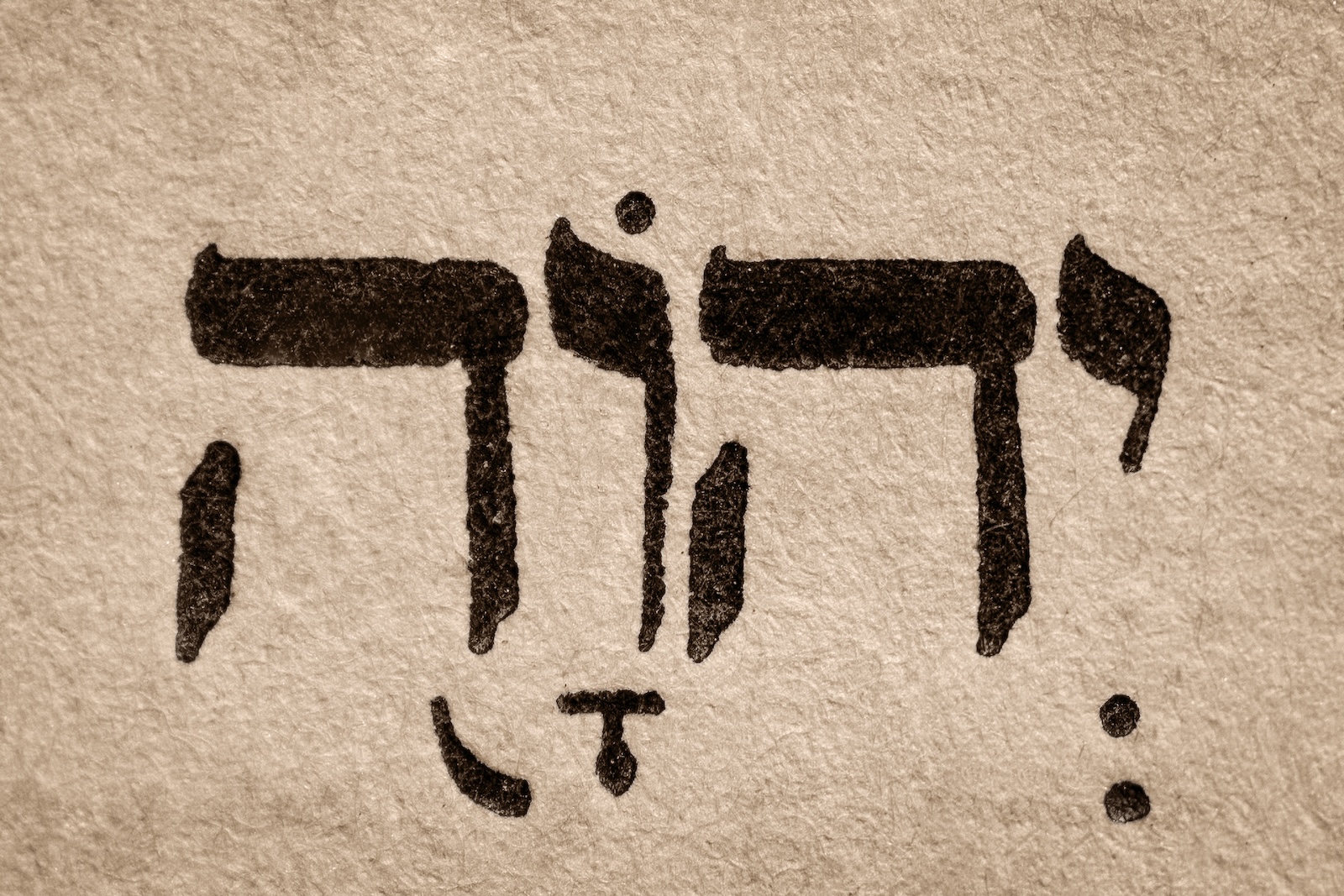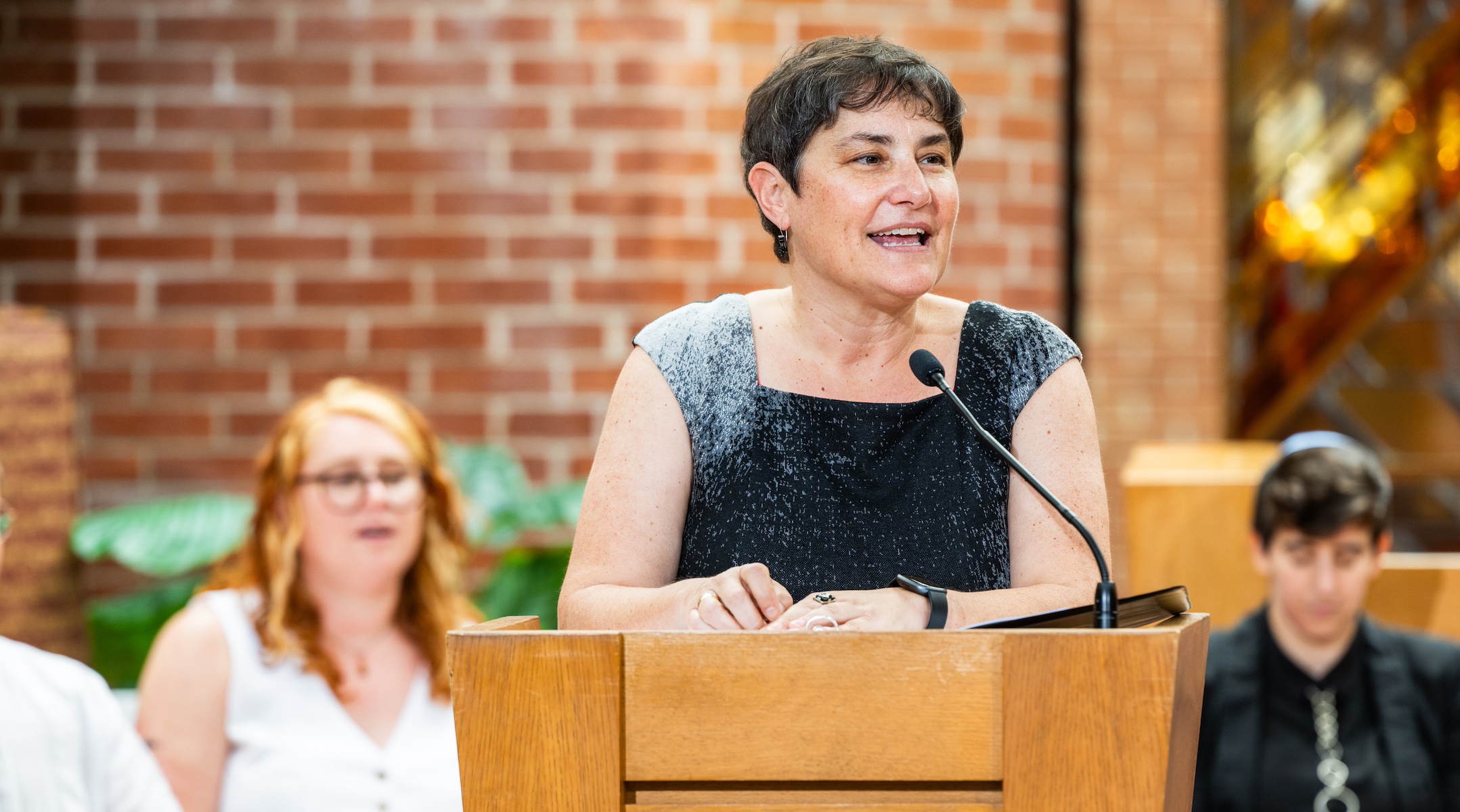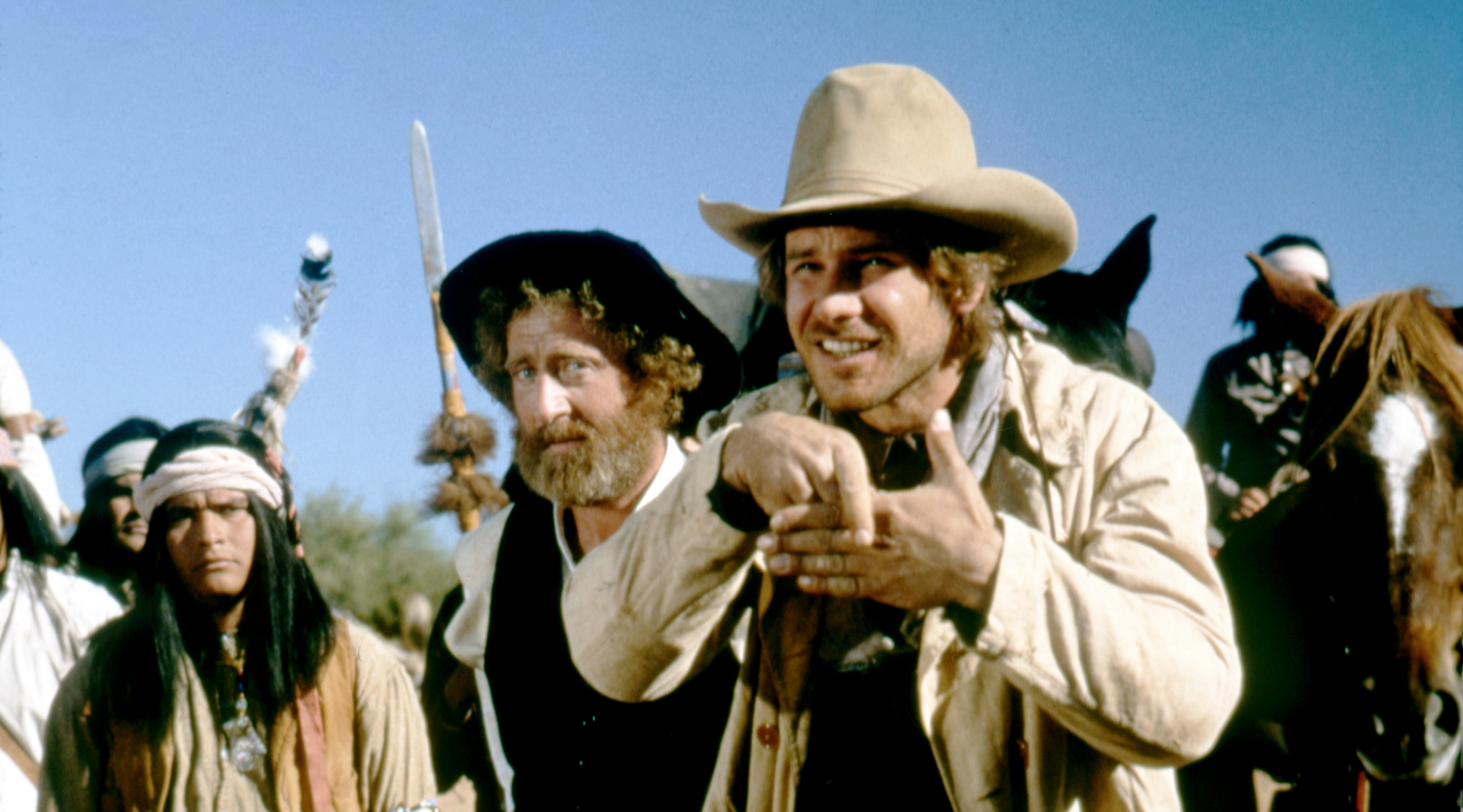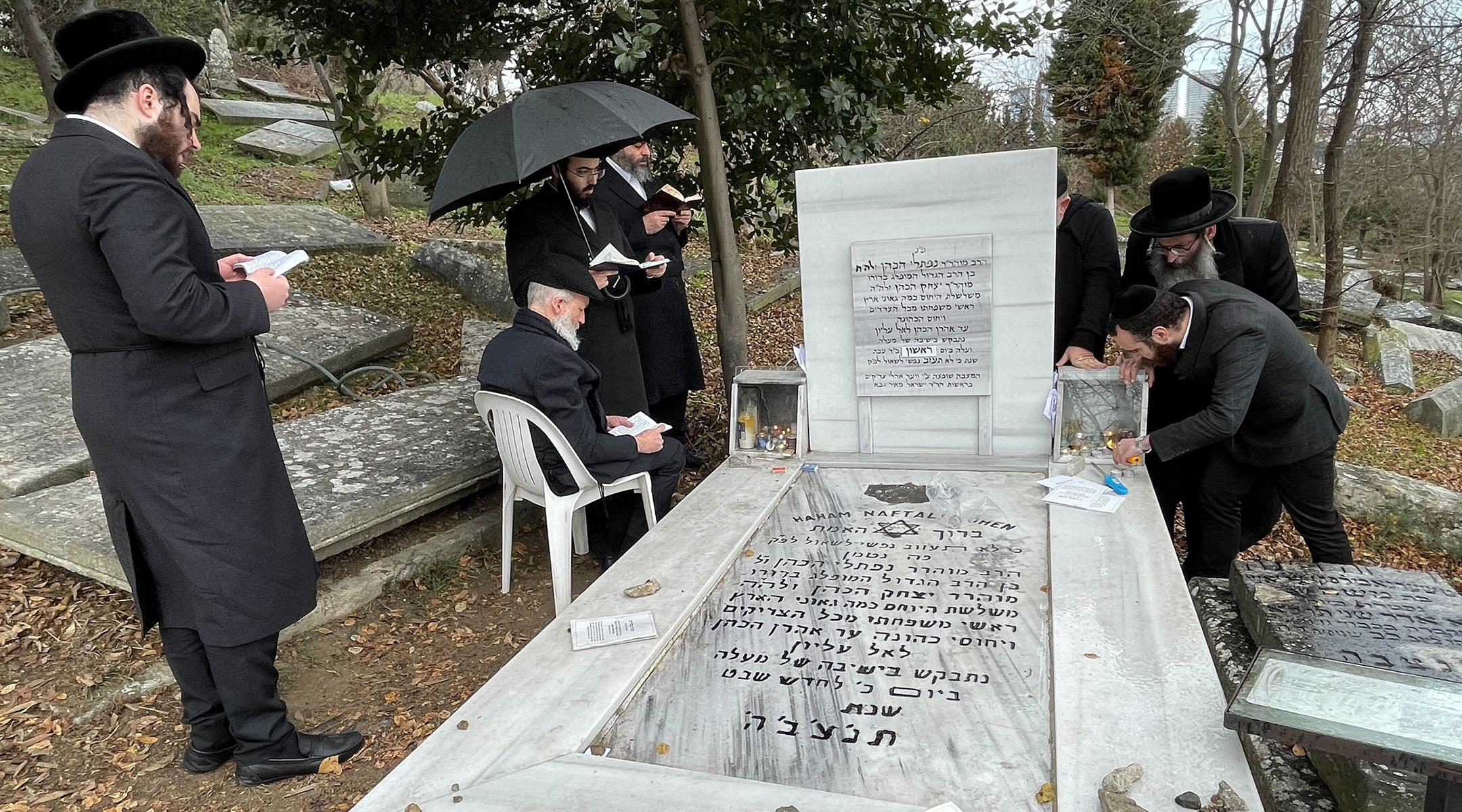Shabbat Gathering: Wherein I discover the blessing for sex.

Gud Shabbos Khaveyrim, as is our custom, we will gather tonight at 5.45p ct to welcome Shabbat. These are the coordinates:
Zoom
Meeting ID: 883 8469 4181
Password: 822665
Phone: +1 312 626 6799
(To unsubscribe from the newsletter, click the link at the very bottom of this email.)
Here we go.
Six years ago, the Forward published an essay I wrote about sex. Specifically, the essay was about my quest to find a blessing for making love. The essay went viral and is still being passed around Jewish regions of the internet.
The premise of my essay was simple: There’s a blessing for just about every human activity. Making love is considered to be a big mitzvah (commandment, yes, we are commanded to make love) and making love is possibly the biggest gift Hashem has given us.
So … where’s the blessing?
Six and more years ago, I couldn’t find one. And I looked everywhere. Everywhere. Nothing. Not even a rumor. So I decided to make my own blessing and borrowed the all purpose blessing: “Baruch Hashem,” blessed be Hashem.
I didn’t drop my interest in the topic. I just didn’t follow it with as much zeal as I did before the essay ran in the Forward. I still didn’t believe there wasn’t a blessing for making love.
Wait, what?
I belong to a study group (Hi, Jay. Hi, Don) and we meet weekly to review a chapter from a book we’re reading together. Currently, we’re reading Rabbi Zalman Schachter-Shalomi: Essential Teachings and… THERE IT IS! There is the blessing I’ve been looking for so many years. I had long suspected that, if there was a blessing for making love, R.Zalman either knew the blessing or wrote it. Here’s the pertinent passage from the book:
Reb Tzvi Elimelekh of Dynov [1783–1841] asks the question, “Why don't we make a blessing over the enjoyment of making love?” Since you cannot experience it without enjoying it, and to enjoy anything of this world without thanking God is not good. Therefore, he suggests that one should say in one's own language, “Thank you God for giving me a mitzvah which a person cannot complete without feeling pleasure.”
This teaching is cited in the name of another contemporaneous Hasidic master, R. Tzvi Hirsch of Ziditchov (1763–1831), in Rabbi Simkhah Rabinowitz, Piskei Teshuvot le-Shulkhan Arukh ve-Mishneh Berurah, #240 (Jerusalem, Israel: 5762 [2001–2002] edition), 998 and n.18. 36.
I like this blessing, a lot. I like the reasoning behind it. I like the fact that the same prayer is sourced from two different rabbis. And I like that the blessing is said in someone’s own language.
Some Jews believe we should strive to say one hundred blessings everyday and express gratitude for bread, coffee, a safe commute to the office, a job, and so own during the day. The way I figure it, if I can say a prayer for my bagel, I can certainly say a pray for a joyous moment with my beloved.
And may it be for all of us a blessing.
See you tonight!
Mit vareme grusn,
(With warm regards,)
All my love,
brian.
PS
Hey! Mother’s day is May 11. Don’t forget.






-30-





